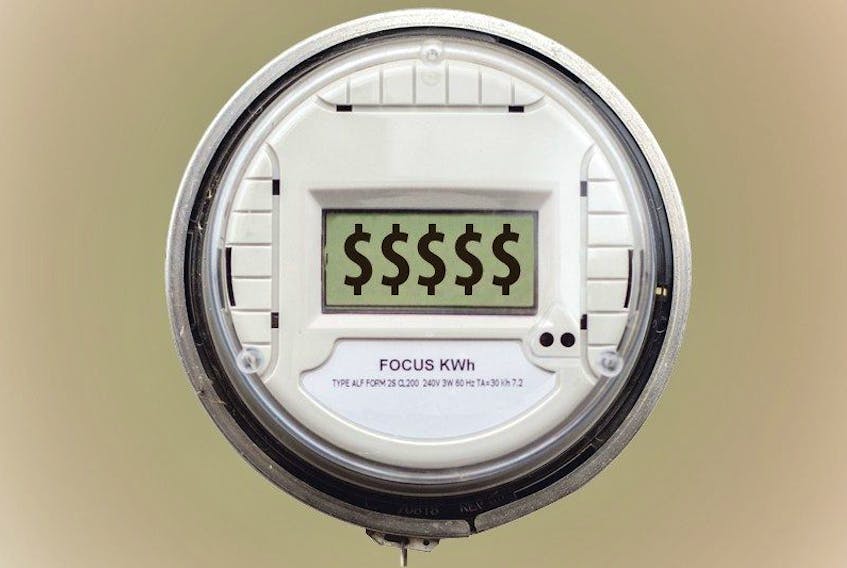This isn’t a new story, but it’s one worth repeating.
A few weeks ago, Newfoundland and Labrador Hydro’s president, Jim Haynes, testified in front of the Public Utilities Board in a hearing on increasing electrical rates.
Not unexpectedly, the question of the huge rate increase coming with Muskrat Falls arose, along with the ways the government, Nalcor and Hydro are trying to reduce or mitigate that jump in rates.
“The whole rate mitigation issue, everyone realizes that Hydro cannot manage that on its own,” Haynes told the PUB, adding that Hydro was part of a government committee looking at ways to help consumers when Muskrat Falls comes on line.
“There are a lot of things on rate mitigation that are outside of Hydro’s control that would be likely required,” Haynes said, “and some of those basically require shareholder Nalcor commitments or government changes.”
Here’s the problem: mitigating rates takes money — money the province doesn’t have right now.
Haynes hinted at a range of the options beyond Hydro’s control — and beyond the PUB’s ability to regulate as well: “Well, you know, if you’re going to redeploy dividends from Nalcor back into Hydro rates that is — or if you’re going to put money back in from the government directly or from oil and gas or whatever the case was, that’s not in Hydro’s control, nor the board’s, with respect.”
It’s a theme Haynes repeated: “(If) you want to have rate mitigation down to the level that has been implied by the government in various comments or speeches or whatever, we cannot do that without assistance from Nalcor and possibly the provincial government.”
Here’s the problem: mitigating rates takes money — money the province doesn’t have right now.
Since we’re already in a deficit position, if the province has to significantly intervene in electrical prices, it can only do that by borrowing more money somewhere else.
That’s an experiment that is already set to cost the province of Ontario, and its taxpayers, billions of dollars.
Ontario brought in legislation to bring down power rates by borrowing money. The Ontario government dealt its utilities regulator, the Ontario Energy Board, out of the mix. (Remember Haynes’ comment about mitigation being outside the PUB’s control?) The government borrowed $18.4 billion to provide an immediate “savings” to consumers.
Problem is, those “savings” were really just punting costs down the road. The $18.4 billion will have to be repaid, albeit 10 years from now, but it will also add (at current rates, which are expected to rise) $21 billion in interest charges.
In other words, use power now, but pay much more for it later.
That’s a model built to get votes while, in the process, fiscally punishing future generations.
Let’s hope our government isn’t looking at similar plans to mollify us in the present and fiscally cripple us in the future.









